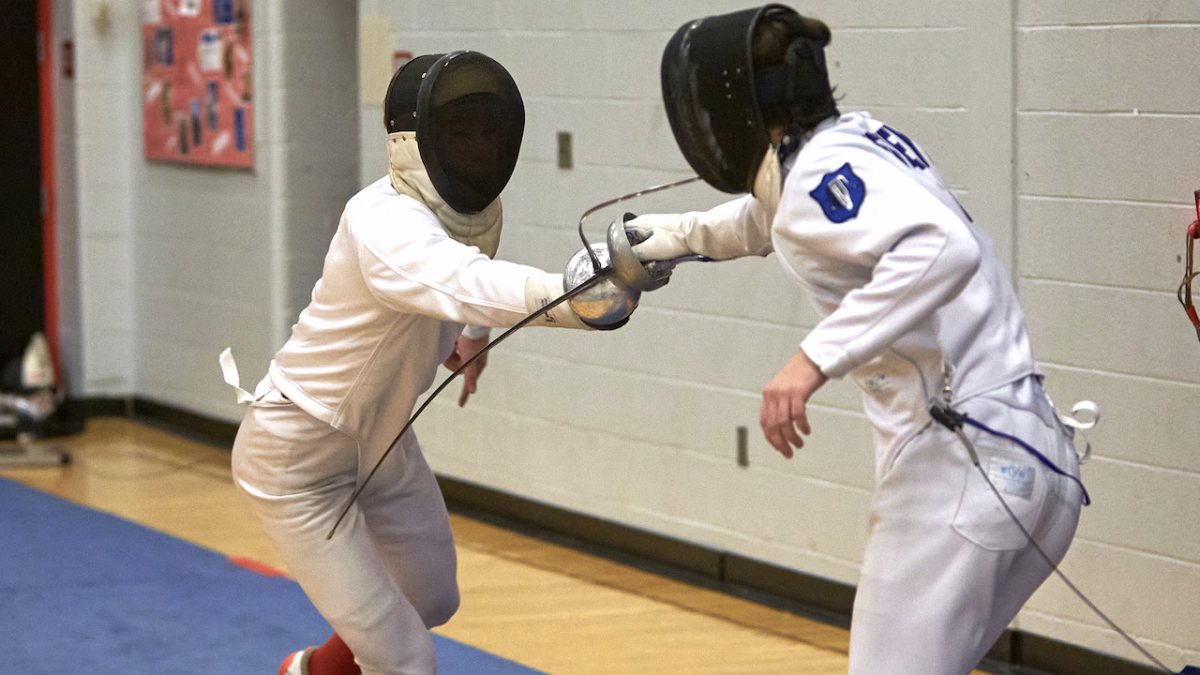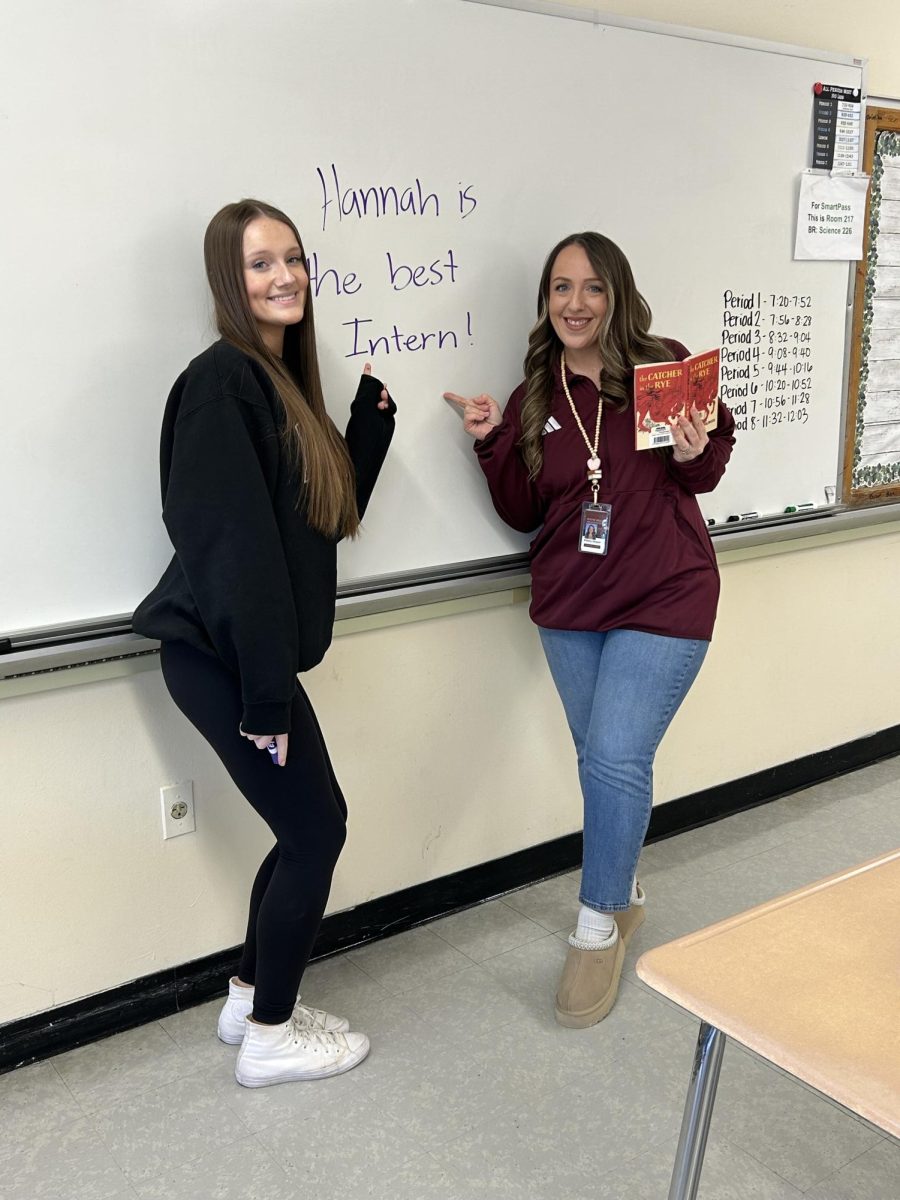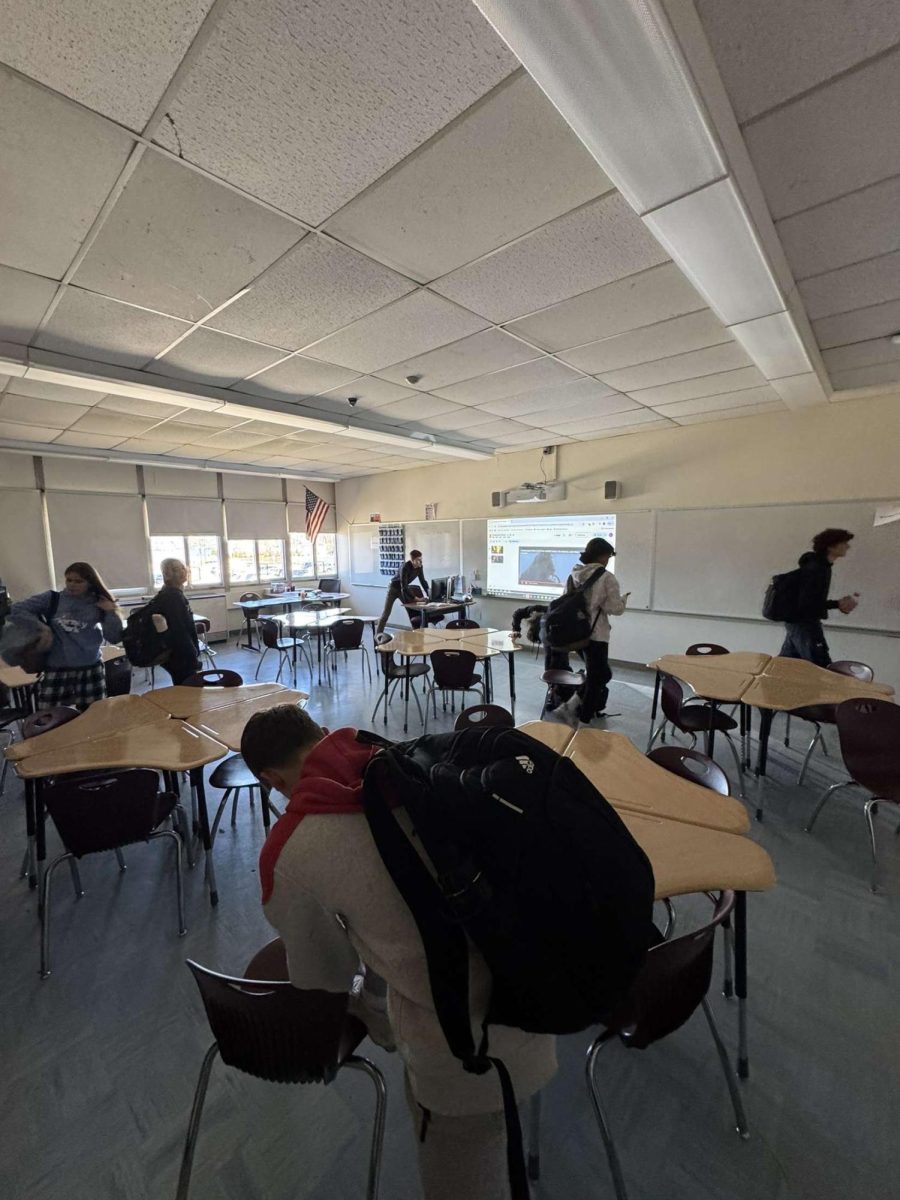Top College Decisions Record Low Acceptance Rates
January 7, 2021
With the uncertainty of COVID-19, this early round of college acceptances has been anything but predictable.
Applications for the class of 2025 has seen a record high number of applicants to top colleges in the US. This year, mainly due to deferred enrollment from class of 2024, there are even fewer spots available for the class of 2025. So with a greater number of students than ever applying, there are even fewer spots to get, creating record low acceptance rates across the top schools in the country.
For example, Harvard’s Restrictive Early Action acceptance rate decreased from last year’s 13.9% to 7.4% acceptance this year with a record high of 57% more applicants than last year. Harvard had already 350 deferred students from class of 2024 and increased international students accepted this year, against Trump’s ban on international students due to COVID-19.
At Yale, there was a 38% increase in applicants, a 10.5% acceptance rate, and a decrease from 14% last year with 340 students that deferred enrollment from 2024’s class.
Especially with the test optional policy and number of students that deferred, this increase in applicants could be expected.
But most students don’t care about Harvard or Yale. Most colleges are taking a major hit in the decline of students applying.
“Watching a bunch of really qualified people get deferred or rejected has been hard, especially from these top schools. It didn’t really make sense, but looking at all the deferments from last year and more applicants to the top schools it makes sense,” says Senior Faythe Way.
According to the Common App, the number of students filling out applications for undergraduate admission decreased by down 2% for the first time. Even with international applications increasing by 11%.
As undergrad enrollment drops, many fear that those deferring this year and the next represent a part of our generation that will not attend college, especially low income. Deferral of college indicates an even smaller chance of obtaining a degree.






